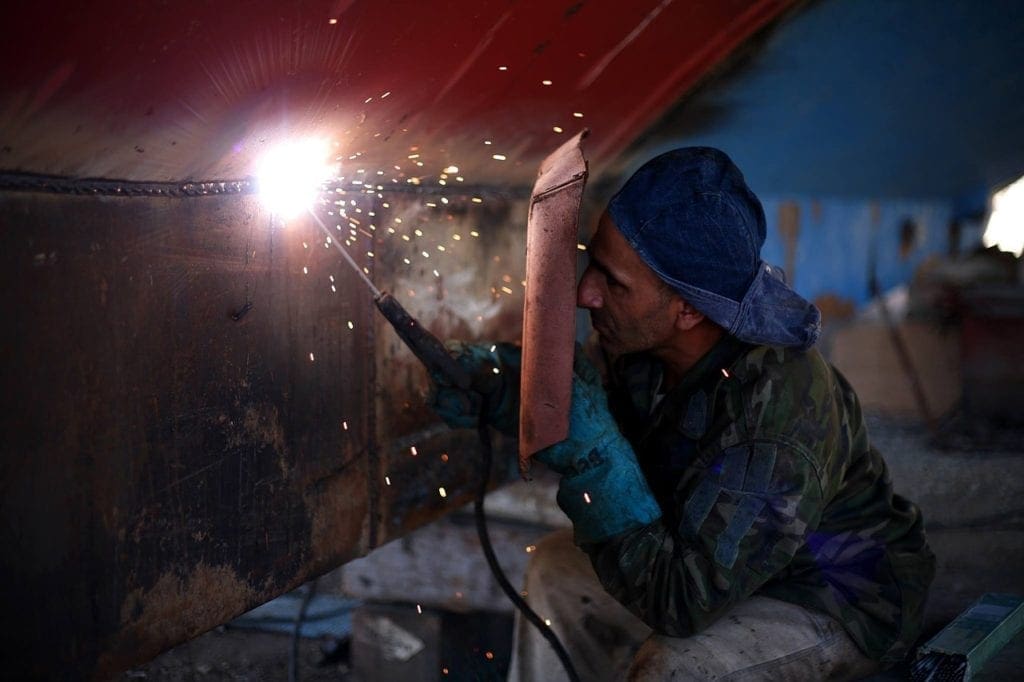Elected officials always assume they have the answer to all social and economic problems. Unfortunately, most of these problems start precisely because a bureaucrat somewhere decided he was going to fix something. When it comes to the coming recession American manufacturing is about to experience, many of us understand that President Trump is, at least, partially to blame. Unfortunately, not all of us are open to the underlying issue in this lesson, and will proceed to advocate for more intervention whenever a new president is elected.
How about ignoring politicians altogether and paying attention to what economics has to teach us instead?

Manufacturing in the United States has been in decline for decades. But when Trump was urging Americans to vote for him, he promised to bring those jobs back. Unfortunately, he also promised to wage a trade war with China, which has materialized in the form of increased tariffs. The result was almost immediate.
Companies that once supported him such as Harley-Davidson started packing up. And now, the Federal Reserve issued a report saying that industrial production in the US dropped 0.6 percent in January, when the industry was expecting a 0.1 percent increase. A direct result of protectionist policies.
The auto industry is perhaps one of the hardest hit.
With the production of vehicles going from 12.3 million units in December to 10.6 million in January, it’s clear that what’s truly impacting manufacturing is the cost of steel.
With the tariffs on steel making the lives of manufacturers hard, they proceed to petition the government for tariff exemptions. But the national steel industry either objects or is unable to deliver. When manufacturers ask for exemptions from steel coming from China, as those firms are able to produce what’s needed, they get it — 39 percent of the time.
Unfortunately, this bureaucratic process is hurting auto and other producers who are unable to have access to less expensive steel or who have their petitions shut down. That’s when they know have to slash production in order to stay afloat.
With Chinese steel manufacturers feeling less of the pressure as demand from other Asian countries grows, they are in no rush to pressure the Chinese government to urge Trump to change his mind. And with the U.S. government allowing more tariff exemptions on the Chinese product, thanks in part to U.S. steel manufacturers themselves, the national industry is hurting.
As Henry Hazlitt wrote in Economics in One Lesson, “[t]he art of economics consists in looking not merely at the immediate but at the longer effects of any act or policy; it consists in tracing the consequences of that policy not merely for one group but for all groups.” Unfortunately, elected officials have no incentives to do that, as all that matters is to make a promise that sounds good on paper.
Trump may boast that price of domestic steel is high and that that proves his plan works. But he cannot warp reality or ignore the laws of economics just to make a point.
When you impose tariffs in order to “protect” a certain industry, lack of competition drives costs up, hurting consumers. In this case, the first to suffer are the manufacturers. But in no time, this will trickle down to us all — common Americans who will notice they may no longer afford certain goods.
As the manufacturing industry braces for another recession, watch as Trump pats himself on the back for making American steel great again.




















